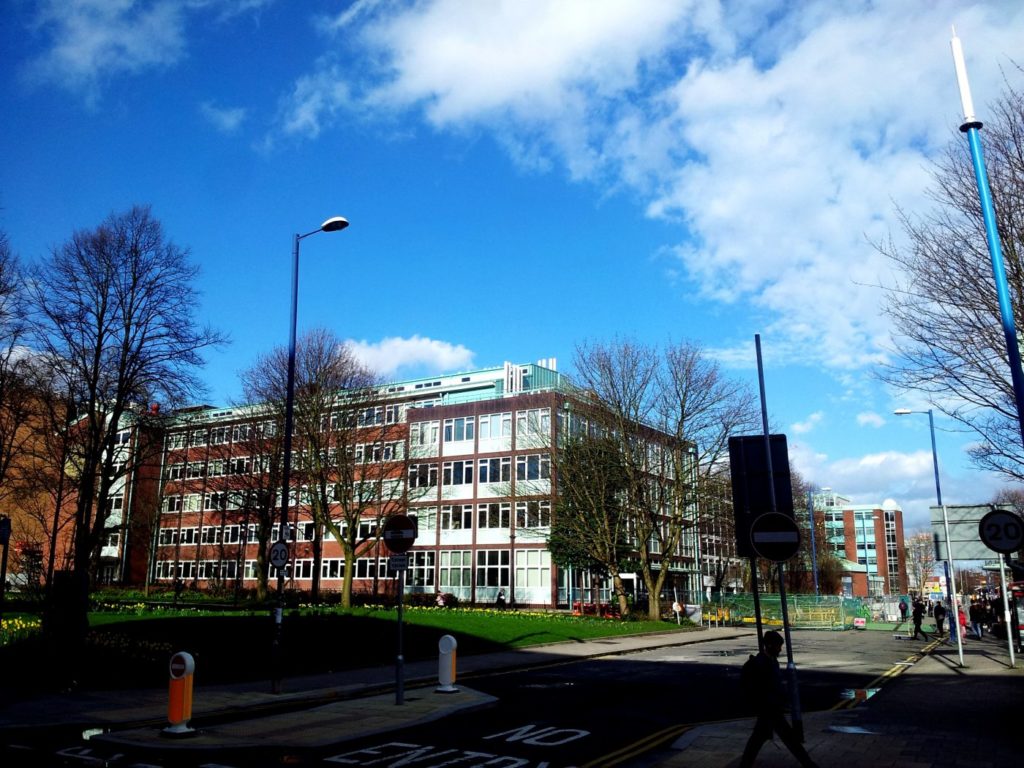
Reflection on Education in Indiana Session
by Lisa Hood, Senior Pastor, First Baptist Church, Lafayette, Indiana
I come to the table with a lot of thoughts about education based on my previous years of teaching experience.
First, teachers can only do so much in the course of the day. They can do a lot. They can provide support and encouragement and a safe place to land. My school was rare. Since we only had 200+ students, we actually knew our students pretty well. We had the time to get to know them, the time to think about what was really going on with them, the time to be supportive. I don’t know that schools set up in a more traditional fashion (especially at the high school level) are able to function that way at all. It seems that the powers-that-be in education believe that a lower student-teacher ratio is important only when children are very young. Is it not even more important while their minds are continuing to develop? Do they not still need places that are safe, places that they can ask the questions that come to mind, where they can have opportunities and experiences that they may not have otherwise, places to process what they see happening in the world around them?
Secondly, we need to reconsider how we distribute our teachers in the school system.
When I first began full-time ministry in a local congregation, youth ministry was part of my responsibilities. I remember being told by a wise veteran of youth ministry that there were two really important things to always think about when working with youth: 1. It’s never good to silo them off from the rest of the worshipping community and 2. Always hold them to high expectations, because whatever your standard is, that is what they will reach to.
Those words echoed within me for years, even when I worked in the public school setting. Setting high standards for teenagers can only happen in the context of a supportive school environment, where there is time to dialogue and explain and go back to the table and try things again. And that is exactly where you have the opportunity to influence the decisions that teens are making about their futures- will they go on to school? Will they not? Where will they go? I continue to wonder what role that churches can play in providing supportive places for teens to land as they work these things out- especially when so many of our churches (like mine) don’t even have a significant amount of teens already around to attempt to support. How do we find others who could use loving adults to support their endeavors, and most importantly, believe in them?
Third, I never realized how much the education system is undercut by gender inequality. I had no idea that I would be so angry listening to Maureen Weber from Early Learning Indiana connect the dots for me about that. NEVER have I realized how much the mess that the education system is in can be understood as a correlation between the level at which our society values the work and contribution of women. Just as some doctors have treated pregnancy as an illness, the system of our country seems to consider needing childcare to be a direct result of women making poor moral choices (and are therefore undeserving of care and respect and funding?), which is why early learning is under the supervision of the department of social services in Indiana, rather than education. This makes me really angry, and I wasn’t anticipating to feel angry. I am still not clear on what to do with that anger.
